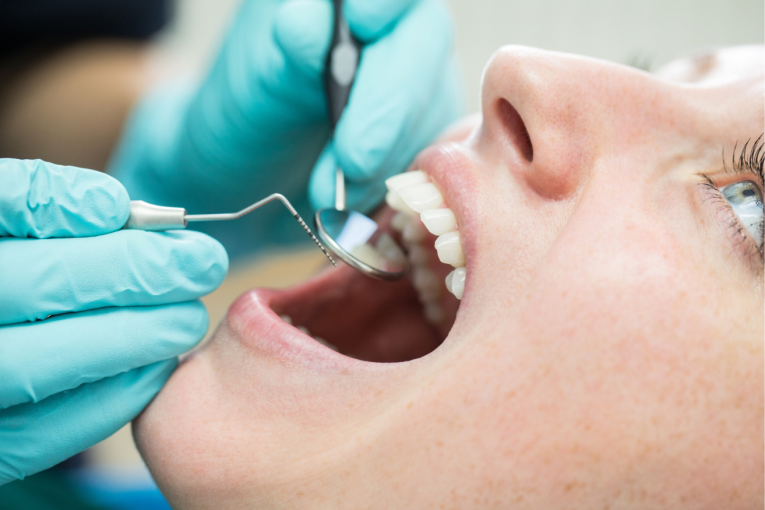Confidence in childhood vaccines falls but accessibility may be a factor, report finds

Australians’ confidence in childhood vaccines has dropped from 93.8 per cent before the COVID-19 pandemic to 86.3 per cent after it, a recent UNICEF report has found.
The UNICEF report says Australia is still very close to reaching its “aspirational” target of 95 per cent childhood vaccination coverage, however it warns that even small pockets of unvaccinated children can lead to disease spreading.
It might be assumed that the pandemic caused an increase in vaccine hesitancy or caused more people to oppose vaccines altogether, but there are likely other factors at play, the report found.
Acknowledging confidence is waning in many countries, UNICEF noted that vaccine confidence is “far from being the most important determinant of vaccine demand”, however, hesitancy “cannot be ignored”.
Professor Julie Leask, a behavioural scientist from the University of Sydney’s School of Public Health, acknowledges the drop and the other factors at play.
“That’s going to be caused by a lack of easy access to primary care that’s been exacerbated through the last couple of years along with a possible change in confidence,” she told The New Daily.
She said she is hearing that in regional areas of Australia services that provide childhood vaccinations are not easy to come by, while there’s also the issue of GPs being forced to stop bulk-billing vaccinations and patients finding it difficult to even book in.
“So, we have a problem with access to vaccination in Australia, but we don’t know the extent of that problem and to what extent it might contribute to our slight drop off in vaccination rates,” she said.
GP and RACGP vice-president and chair of RACGP Queensland, Dr Bruce Willett, told The New Daily there’s a bigger obstacle than hesitancy from getting vaccination numbers up – the hectic nature of life.
Childhood vaccinations might have slipped off people’s radars over the COVID years and it’s a matter of life just getting in the way, he said.
Community Attitude Research on Childhood Immunisation 2022 found there are many reasons why parents haven’t yet, or are not, vaccinating their children.
The responses ranged from parents wanting to limit the amount of vaccines their child had, to not wanting to go out during COVID restrictions.
There are also some children who are so scared when presented with a needle that getting them vaccinated is a real struggle and in turn, worries parents.
Tracking needed
Dr Willett raised concerns about vaccinations being politicised during the pandemic through social media. Although he says a small minority of people hold onto an anti-vaccination sentiment, it’s still devastating to see.
Generally, when a population has a hesitancy surrounding one particular vaccine, it doesn’t affect hesitancy of other vaccines, Professor Leask says.
However, clearly with the pandemic, there has been a slight dent in confidence surrounding childhood vaccinations, she said.
What Australia needs to be doing is routinely tracking vaccine sentiment, Professor Leask said, because hesitancy and confidence aren’t the only factors.
“It’s not enough to second guess people and just assume that they’re not vaccinating because they’re hesitant,” she said.
“This excessive focus on hesitancy lets governments off the hook when it comes to their other obligations to make sure that services are very easy to access and very convenient.”

Some parents didn’t have time or access to get their children vaccinated. Photo: Getty
Victims of success
Vaccines are victims of their own success, Dr Willett said.
Thanks to vaccines, horrific diseases are either eradicated in Australia or are nowhere near as prevalent or deadly as they once were.
Professor Leask says the vast majority of people will still vaccinate their children, even if they haven’t personally seen how devastating some diseases can be.
Australia has a national immunisation schedule that is recommended for all children, protecting them from diseases like polio, diphtheria and measles.
Most of the vaccines on the schedule have been given out for decades and very few children will have minor side effects to one of the vaccines, and very rarely will there be a severe reaction, Professor Leask says.
She stresses the importance of vaccinating children so the diseases that plagued society decades ago, don’t re-emerge in Australia.
Caution when discussing hesitancy
Parents with genuine concerns and perhaps a small degree of hesitancy might feel alienated or be automatically labelled as “anti-vax”, which carries a stigma when trying to ask questions, Professor Leask said.
Both Professor Leask and Dr Willett would recommend vaccinating children, but they both acknowledge that parents have concerns.
“Every parent wants to do the right thing by their kids and many parents will want to look into vaccination before they go ahead, and that’s a good thing,” Professor Leask said.
In Dr Willett’s experience, there’s a small minority of people who will refuse vaccines, and a slightly bigger minority who need some reassurance.
“People should spend some time going over things and addressing some of the specific concerns that are out there so they are reassured,” he said.
Beyond speaking to GPs about vaccine-related concerns, there are resources that can give parents information about vaccinations, such as SKAI (Sharing Knowledge About Immunisation).








